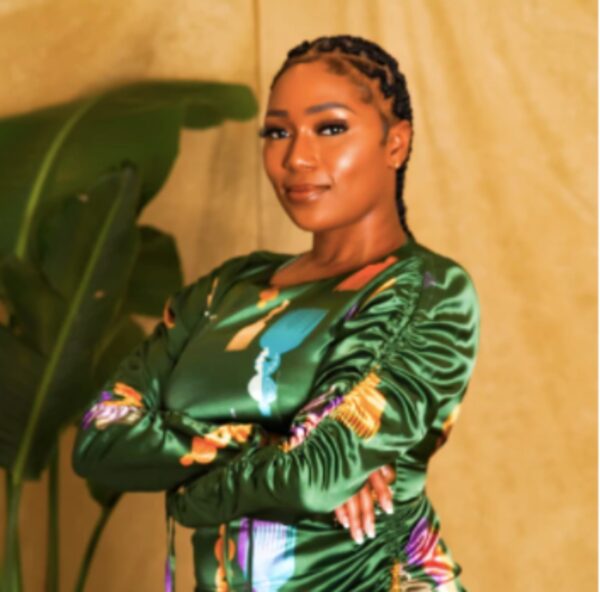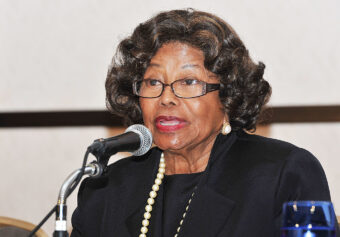In 2021, Blacks owned approximately 124,551 businesses in the United States. Still, this only accounts for a mere 2.2 of the employer-owned businesses in the U.S.
It remains harder for African-American entrepreneurs start businesses. They raise about a third of the capital of their white counterparts, which hinders startup plans. But Historically Black Colleges and Universities (HBCUs) are playing a pivotal role in not only preparing new entrepreneurs through education but also offer much-needed financial networks and monitorships.

HBCUS build leaders, Leesa Thomas-Banks, a professor in the business, management, and accounting department at the University of Maryland Eastern Shore (UMES), told Socially Driven.
“I think it’s an important goal at all HBCUs, but it’s definitely an important goal for us at UMES because leadership and ownership are probably one of the most effective ways to transform communities,” Thomas-Banks said. “And if you have the mindset of a leader, it changes your perspective on life in general. It changes your thinking; it changes the way you go about whatever business you have to do, whether it’s working for someone or opening your own business.”
HBCU are often the first exposure the students have to entrepreneurship. The schools remove the mystique around it and present it as an attainable professional option, according to Mark L. Quinn, chair of entrepreneurship at the Xavier University of Louisiana in New Orleans.
Some of the HBCUs offer courses in entrepreneurship, such as Morgan State University in Baltimore, Maryland, which offers both an entrepreneurship major and minor.
HBCU Business Owners
Cornell C. Conaway, Gainz Sportsgear: A graduate of Bowie State University, he founded Conaway Gainz Sportsgear, which designs and produces fitness accessories for athletes and gyms, such as workout grips, wrist wraps, and sports-oriented clothing.
According to Conaway, his education and experience at Bowie State paved his success.
“My HBCU experience instilled confidence within me to know I was on the same level as my counterparts that graduated from household name universities,” he told Forbes.
Conaway also offers fitness gear that is branded for HBCU athletes and recently partnered with Bowie State to provide equipment for the university’s athletics department and has become a licensed vendor for the institution.
Kadidja Dosso, Dosso Beauty: As a student at Hampton University, Dosso had a side hustle of doing makeup for other students. Dosso, 25, now owns Dosso Beauty, an organic beauty supplier that features 52 products, including vegan Fresh Face Skin Care Kit, whipped shea butter, Fresh Beard Oil & Beard Comb, and the “Per My Last Email” Lustre Lip Gloss.
Hampton University helped Dosso develop her entrepreneurial skills and spurred her to launch her own business, she told Forbes.
“I’ve never seen so many beautiful, driven Black people in one space constantly motivating you to be better and to do more and strive for the best,” said Dosso. “I’d always dreamed big, but I was never able to see it first hand. Going to an HBCU, especially Hampton, allowed me to see all the things I could accomplish.”
Shawn Wilkinson, Storj: At Morehouse College, Wilkinson was introduced to the bitcoin world and it was then and there he conceptualized his startup company Storj, which creates a decentralized storage space similar to bitcoin.
Desmond Wiggan and Aubrey Yeboah, BatteryXchange: Winston-Salem State University fraternity brothers Wiggan and Aubrey Yeboah started this portable battery rental company in 2019.
Jewel Burks Solomon, Partpic: A Howard University grad, Solomon created Partpic, a visual recognition technology company that allows users to search for replacement maintenance, repair and operations parts by taking a picture of a part with a smart device. In 2016, the startup was acquired by Amazon. She went on to co-found Collab Capital, an Atlanta-based fund. In 2020 she was named the head of the new Google for Startups.
Janice Bryant Howroyd, Act One: Today Janice Bryant Howroyd is one of the nation’s richest Black businesswomen, with a net worth of an estimated $950 million. In 1978 North Carolina Agricultural and Technical State University graduate founded Act One, a staffing agency that also provides workforce solutions such as background checks and screenings. Howroyd became the first African-American woman to found a company that generates $1 billion annually.




